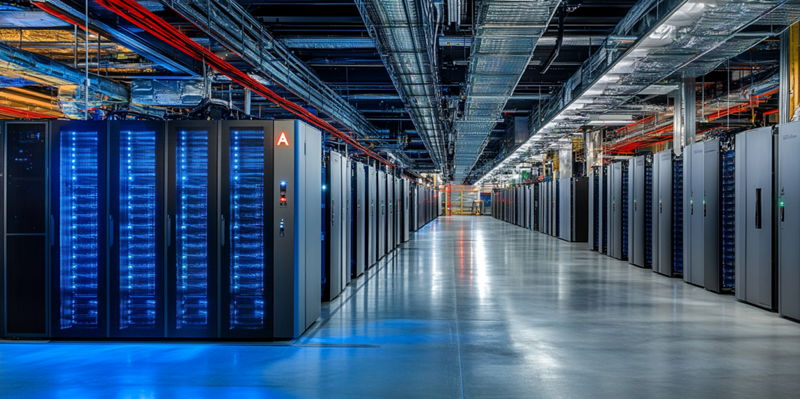Meta Platforms, the owner of Facebook and Instagram, is strategically planning another multi-billion-dollar artificial intelligence (AI) data center in the Southern United States, specifically on a large 2,250-acre agricultural property in Richland Parish, Louisiana. This ambitious project, which has been designated ‘Project Sucre,’ is being coordinated by the firm Laidley. A term sheet has already been signed between Laidley and the Northwest Louisiana Finance Authority, indicating a monumental investment ranging between $5 billion and $10 billion, though local officials have suggested it will likely be closer to $5 billion. In conjunction with this, an energy company has filed an application to construct a 2.23GW natural gas capacity plant adjacent to the Richland Parish site to provide essential support for the data center. These developments underscore Meta’s ongoing investments in AI infrastructure, further emphasized by the lack of public comment from Meta on the specifics of the project currently.
Broader Trend in AI Investments
Meta’s latest venture into Louisiana’s Richland Parish is part of a broader trend where major technology firms are heavily investing in data centers to bolster their growing AI capabilities. This trend signifies a shift in the tech industry, focusing on the establishment of expansive data centers to provide the computational power necessary for advanced AI research and development. The planned data center is expected to contribute significantly to the local economy, creating numerous job opportunities during its construction and operational phases. Moreover, the supporting natural gas plant indicates a combined effort to ensure a stable and efficient power supply necessary for the data center’s operations. As other tech giants are also making similar strides, the race to enhance AI infrastructure is indicative of the technology sector’s future trajectory. This evolving landscape could reshape local economies and solidify the pivotal role of AI in technology-driven growth.

